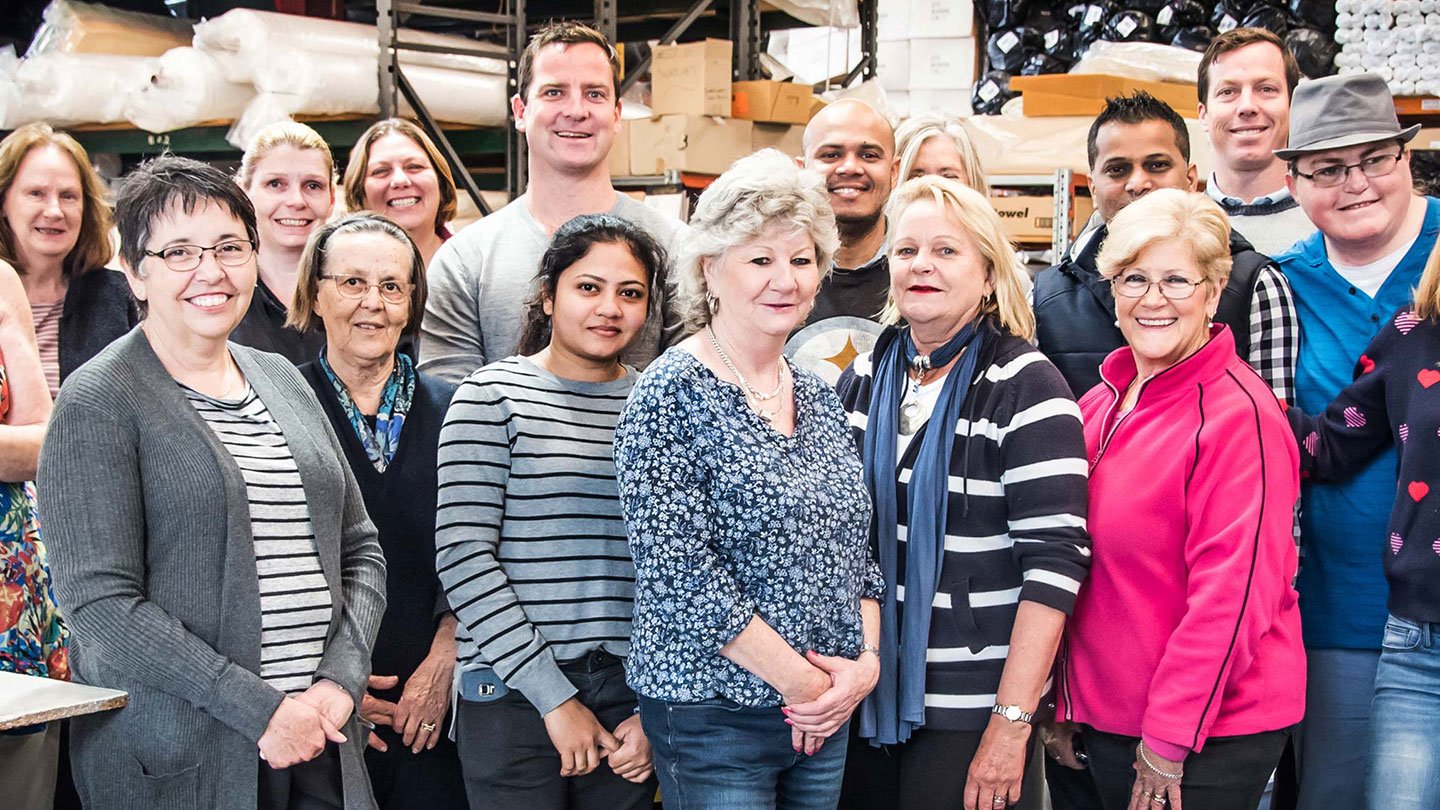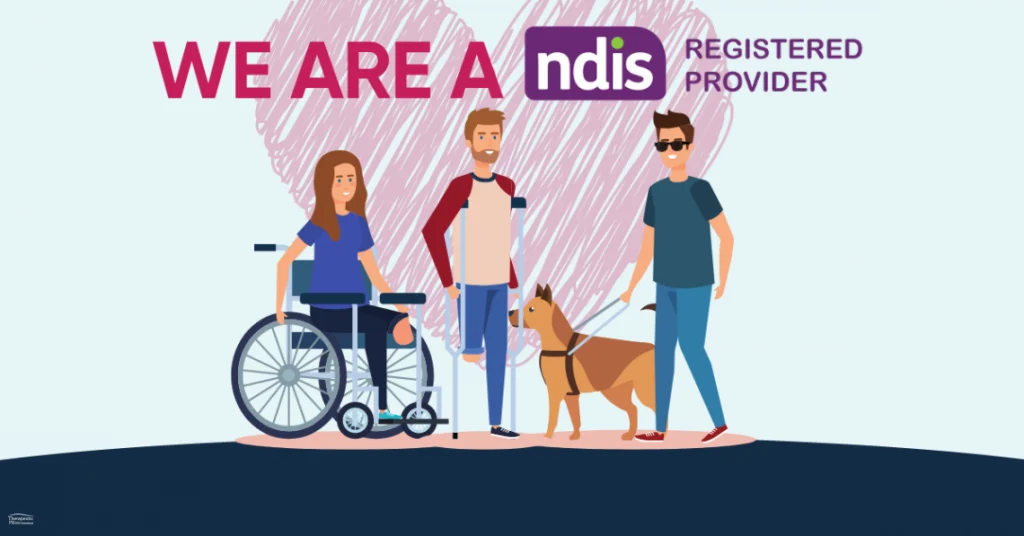For those across Australia, having an Allied Health practitioner working with you to help protect your health can be a wonderful asset to have.
Allied Health is here to help you in times of need as well as annual check-ups and exams to detect potential medical issues as early as possible so you can receive the best treatment.
Allied Health is dedicated to employing the best professionals and practitioners to meet the needs of their patients. For decades, Allied Health has offered the best in medical care and strives to work with patients by detecting medical issues early and treating illnesses quickly so they can live long healthy lives.
What are Allied Health Practitioners?
Essentially, an Allied Health practitioner is a trained professional who contributes to the entire health team in order to support your medical care. You can find all types of Allied Health practitioners and professionals in all parts of Australia serving the needs of their communities.
You can find all types of practitioners who reside in your community who work for Allied Health. They include the following;
- Chiropractors
- Dietitians
- Medical radiation practitioners
- Medical scientists
- Osteopaths
- Physiotherapists
- Podiatrists
- Social workers
- Speech Pathologists and more
Each of these practitioners is fully trained and qualified to meet your needs. They work with a team of professionals to support your health care.
The Goals of Allied Health Practitioners
The goals of these practitioners are three-fold, diagnose, recover and improve the quality of life. In addressing each of these, the practitioners can help patients deal with their specific medical issues and recover faster so that they enjoy an improved quality of life.
Such goals have more meaning than just having patients feel better, they can also maintain and increase their independence and ability to take care of themselves, which is a vital part of a person’s health. The ability to get diagnosed, treated and recover so they can go back to their normal lives as soon as possible plays a vital role in maintaining the good health of individuals.
In addition, the chances of complications are greatly reduced as well following an illness or injury. For people across Australia, the goals of Allied Health practitioners are to create the conditions for better, overall health from annual exams, diagnosing illnesses, treating injuries and helping the body to recover fully so that people can get back on their feet again.
As part of these goals, all practitioners have completed a university education and are fully qualified to practice in their respective fields. All Allied Health assistants work under the supervision of a fully trained health therapist to ensure that they receive the best care possible. While Allied Health is not related to medical professionals such as doctors, nurses, surgeons or dentists, they do provide the best in support care which means leading a healthier life for those who take advantage of Allied Health’s services.
The Different Types of Allied Health Therapists
There are quite a number of Allied Health therapists across the country. They have offices in most communities and are readily available to meet your specific needs.
Art Therapist: Uses the visual arts which include drawing, painting or sculpting as a form of psychotherapy.
Audiologist: Uses a range of sounds to test the ability of a person to hear different pitches and volume as well.
Chiropractor: Manually treats the spine in the form of adjustments that can reality the joints, treat back issues and relieve pain.
Dietitian: Creates diets for individuals and groups to improve overall nutrition. Plus, they can help people who are obese, have diabetes, heart disease, food allergies, cancer and others in improving their overall diet.
Exercise Physiologist: Helps people change their lifestyle through exercise. They improve physical activity, help people lose weight, increase mobility, and manage injuries or chronic conditions.
Medical Radiation: Uses radiation for examinations and treatment. Radiation is used in x-rays and ultrasounds while treatment options can help people recover from disease or injury. Jobs include imaging and nuclear medicine technologists, sonographers and radiation therapists.
Music Therapist: Uses the creative play of music as a form of psychotherapy.
Occupational Therapists: They help people transition back to their normal, day-to-day working lives through occupational therapy which mimics their real-life employment.
Osteopath: Manual techniques that include stretching, manipulating the skeleton and muscles, working the soft tissue and promoting balance and mobility.
Orthotist: Creates braces for those who need support due to an injury. Provides extra mobility and helps in rehabilitation.
Pharmacist: Prepares and dispenses medications and advises people on appropriate uses of medicines.
Physiotherapist: A professional who uses exercises, manual therapies and electrotherapy techniques to treat sports injuries, back pain and other movement disorders such as those that follow a head injury or stroke.
Podiatrist: Treats conditions of the foot such as ingrown toenails, bunions, plantar fasciitis and more.
Prosthetist: This person designs, creates and applies artificial devices to replace body parts.
Psychologist: Provides assistance for those who have anxiety, self-esteem issues, depression, stress and other unhealthy behaviours.
Social Worker: Offers counselling for those with personal or social issues and refers people to other agencies.
Speech pathologist: Helps people with communication or swallowing issues.
These Allied Health practitioners are here to ensure that your health is protected by offering their services. They work with other practitioners and medical professionals in order for you to get the best treatment for your health. There are also related health specialists who work in mental health, alcohol and drug treatment and for the Aboriginal and Torres Strait Islander program.
How do I find Allied Health Practitioners?
There are a number of places where you can find the right practitioner for your needs. Whether you are recommended or find that you need their services on your own, here are the most common places where they can be found.
- Aged-care facilities
- Community health centres
- Hospitals
- Local government agencies and facilities
- Medical clinics
- Mental health practices
- Private clinics
- Rehabilitation
- Schools
- Universities & more
You can also search for them individually if they have offices in your community. Quite often, they will be located near hospitals or clinics where they often practice their craft.
Why Choose an Allied Health Practitioner?
There are a number of reasons why you would want to choose a practitioner that fits your specific needs. In fact, while many patients are referred to these practitioners by their doctors, there are others who seek out their assistance as well.
Training: All Allied Health practitioners are fully trained and licenced, so you will have no fear in selecting one of them to help meet your needs.
Location: You can find these health practitioners in most parts of the country serving the needs of the people. There is at least one who is nearby that can help you with your current medical issues.
Support: The practitioners work as a team to address your health issues, particularly if they require different types of treatment. This means that you can recover faster so you can get back to your normal life as soon as possible.
What to Consider when Choosing an Allied Health Practitioner
If you have been injured or are currently suffering from an illness, then there are a few things that you will need to consider when selecting the right type of practitioner for your needs.
Doctor: Your doctor is the one to consult with when discussing what treatment will work best for you.
Combination of Treatments: Perhaps more than one type of treatment and practitioner is needed.
Expectations: Based on what you have, how fast can you recover and what should be realistically expected so you can set proper goals.
These are your basic considerations to make, there may be others as well depending on your specific needs. Again, your doctor is the place to begin as they can map out a full plan for your recovery.
The Cost of Allied Health
For the most part, the cost incurred by using Allied Health services cannot be claimed through Medicare, but you can ask your physician about any costs that are associated, including the following:
Chronic Medical Condition: One that requires treatment lasting longer than six months or is very complex in nature may be partially or fully covered depending on the circumstances.
Health Insurance: Some fees may be covered as it will depend on your specific plan. Most private insurance companies do have caps for their plans, however, so you should check with your policy.
Public Services: There may be low-cost or even free public services available for your needs. However, such services generally require long wait times and may not be right for your particular condition.
Overall, the cost will vary depending on the health practitioner that you use and the treatment that you receive. You can always get recommendations from your doctor, or health centre or even contact an Allied Health practitioner directly so you can get the best information.
By doing a bit of research and working with your doctor, you can find the right practitioner who meets your needs and helps you get back on your feet again. Remember that you may or may not be required to get a doctor’s referral to get the treatment you want from an Allied Health practitioner, but then again you probably won’t be able to claim any of the services through Medicare.
Other sources of getting help would include the National Disability Scheme plan.
The Allied Health practitioner is here to work for you so that you can get treated and recover as fast as possible., and in Therapeutic Pillows we work with them to help you Sleep Better and Feel Better.









